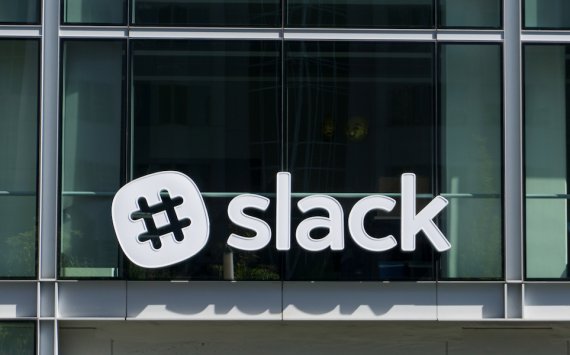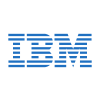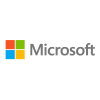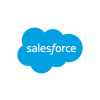
A major acquisition in history
Salesforce has started thinking about buying Slack and the deal could take place next week, according to sources in the Wall Street Journal. If the deal takes place, Slack will be Salesforce's largest acquisition.
Slack (WORK) shares jumped 37.6 percent and Salesforce (CRM) shares declined 5.4 percent at the close of trading on Wednesday after the Wall Street Journal agency announced a possible takeover, citing anonymous sources.
As of Tuesday, Salesforce's market capitalisation fell to $230.3 billion and Slack rose to $22 billion.
The amount of the deal is not disclosed, but it is reported that it may be signed by the companies next week, which coincides with Salesforce's forthcoming financial report for the 3rd quarter, which is expected on Tuesday 1 December.
It should be noted that Salesforce's past major acquisitions were: the software development company MuleSoft, for $6.5 billion two years ago, and the data visualisation company Tableau, for $15.3 billion last year.
The Slack acquisition could be among the largest in the industry, such as IBM's (IBM) acquisition of Red Hat for $34 billion in 2019, Microsoft's (MSFT) acquisition of LinkedIn for $27 billion in 2016 and WhatsApp's acquisition of Facebook (FB) for $19 billion in 2014.
Integration of Slack with Salesforce services
The acquisition of Slack will benefit Salesforce, which is expanding the number of digital products for its business. Slack solutions are relevant for the work of corporate teams both in one and different organisations in remote working environments.
The Slack Connect platform, which allows up to 20 businesses to communicate through common channels, was used by more than 52,000 Slack customers at the end of the July quarter, compared to more than 20,000 more than 12 months earlier. Slack managers have noted that Connect is often used by salespeople and customer service employees those employees who are potential users of the Sales Cloud and Service Cloud platforms.
In this way, Salesforce can integrate Slack products into its Sales Cloud and Service Cloud services, as well as offer its other services, such as Customer 360, to new audiences.













